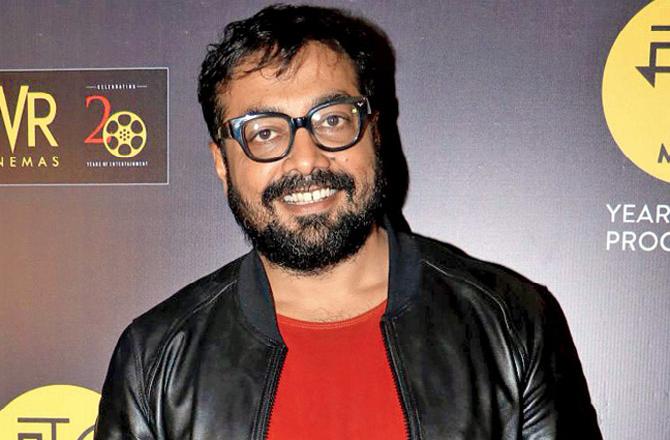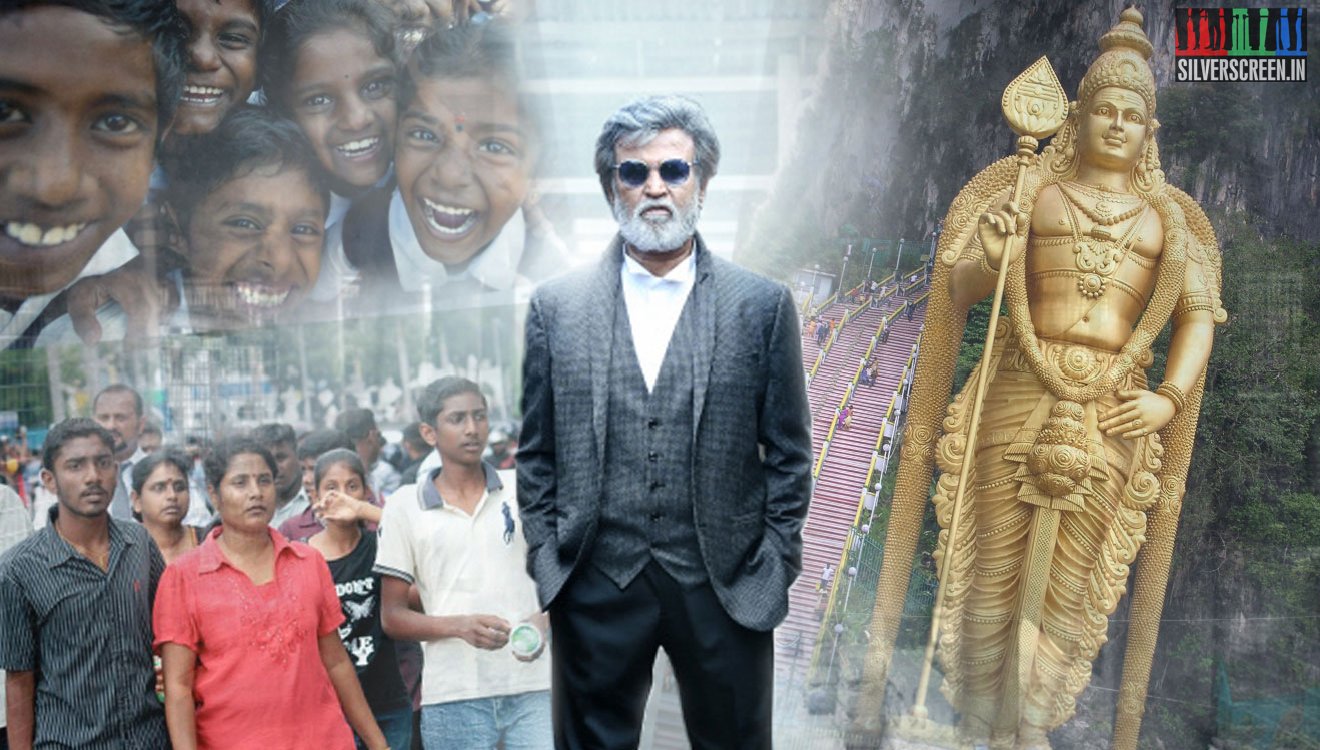The producers of Varun Dhawan’s Dishoom have sought a John Doe order from the Bombay high court to safeguard the film from piracy.
The film has John Abraham and Varun in the lead roles, and will release this Friday. Recently, a website that offers pirated links of movies had announced that it would host Dishoom on its site, a week before its scheduled release date.
John Doe orders are essentially “cease and desist” orders passed by a court against anonymous entity/entities. Used mostly to protect copyrights, the order will direct Internet Service Providers (ISPs), telecom operators and other platforms to ensure that the film is not made available illegally online.
Recently, Udta Punjab and Great Grand Masti had become available on various illegal websites prior to their theatrical release.
The Film & Television Producers Guild of India, headed by Mukesh Bhatt, had held an emergency meeting with other producers last week to address the piracy issue. Bhatt said that the emergency meeting was not restricted to films alone, but looked at piracy as a collective problem. “The sheer impunity and brazenness with which this illegality is being propounded indicates a structured attempt to damage the industry on the whole and should be considered as a serious threat,” he said, adding that the Prime Minister should intervene in such matters, too.
Recently, the producer of Kabali, Kalaipuli S Thanu of V Creations, had tried his best to preempt the film’s piracy. Thanu had filed a petition at the Madras High Court, seeking the court’s help to issue instructions to all service providers to block websites – around 180 of them – that offer illegal download of new releases. He also filed another case to restrain cable TV operators and Multiple System Operators (MSOs) from telecasting pirated copies of Kabali. Despite his best efforts, Kabali could not ward off piracy. A copy of the film surfaced online at around 6:30 AM on the day of its release.
Udta Punjab had become a victim of piracy two days before its release . A copy of the film, bearing a watermark that marked it for censorship viewing only, made its way online two days before its release.While the film opened to a decent Rs 38.30 crores on its first day, it did not fare too well later.
Recommended
Meanwhile, the makers of Dishoom have got a slight breather as the CBFC have agreed to the film being submitted in an encrypted format for certification. Producer Sajid Nadiadwala was quoted saying that this would guarantee the film’s safety. However, this process is also expensive. Converting the movie into the required format can cost anywhere between Rs 30,000 to Rs 40,000. While it has not been officially announced by the CBFC, the board is likely to begin accepting films for certification in the DCP-KDM format, instead of the obsolete method of submitting DVD copies.
Mukesh Bhatt had previously slammed the Central Board of Film Certification (CBFC) chief Pahlaj Nihalani and asked for his removal in the wake of the Udta Punjab controversy. In an interesting turn of events, Bhatt praised Nihalani for “understanding our (producers’) pain”.



